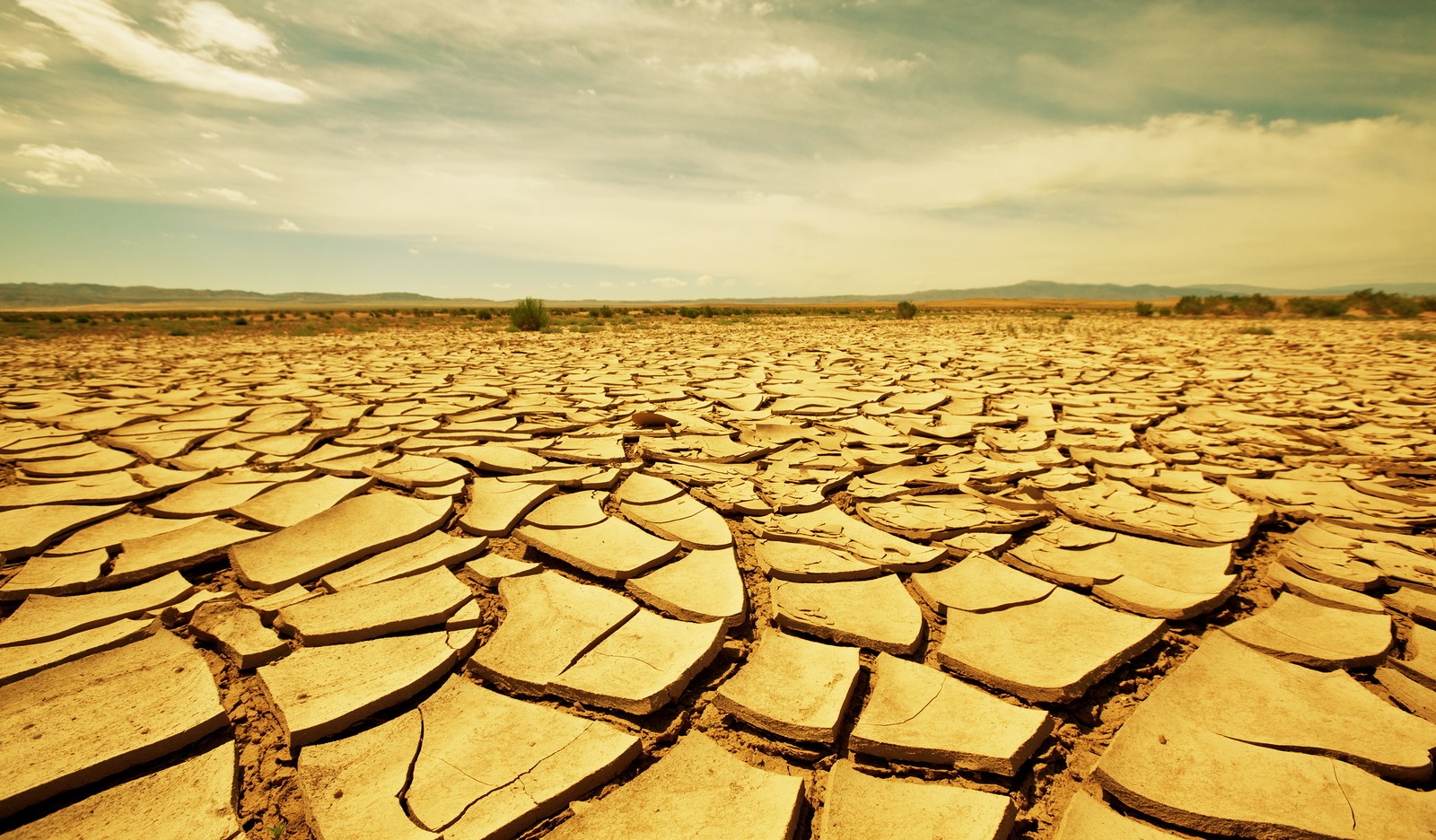
Medical survival: 4 tips to adapt your body to high heat
Do you know how to adapt to high heat without physical and psychological consequences? The survival doctor, James Hubbard is going to explain his tips.
The explanation on how to survive to high heat: the medical survival
“Big news for the Northern Hemisphere. Summer will officially be here June 21. If you’re in the Southern Hemisphere, I’m a little early (or late). But for us northerners, the heat is on. For as long as I’ve practised medicine, whether, in Mississippi or Colorado, I’ve known that in those first few hot days I’ll be treating some otherwise healthy people for heat-related problems. In fact, just the other day, I saw a man in his early 20s with chest pain, headache, and just feeling awful. He’d been working on a roof. He’s done it for years with no problem. But around here, it suddenly went from a daytime high in the mid-70s to a high in the low 90s. He hadn’t had time to acclimate.
Fortunately, he got out of the heat as soon as the symptoms hit. With some water and cooling off, he was feeling fine in a few hours.
Probably, in a few weeks, he’ll be working at the same temperature with no such symptoms. Why?
He’ll be acclimated.”
Your body needs to acclimate: what happens to your body when the heat is high?
“No matter how many years you’ve been working or living in the heat, your body has to re-acclimate to it each year. So with sudden changes, such as heatwaves, everybody suffers.
Other sudden changes could be maybe the electricity goes off. That’s a disaster in my book. Or maybe you’re vacationing to a hot spot. Any sudden change of heat—say 10 degrees Fahrenheit or more—will require time for your body to adapt.
When the weather gets hotter, your body adapts in a few ways:
1. You get more efficient at sweating. Sweat cools your skin. The faster it evaporates, the more the cooling, so a little breeze can help. On the other hand, humid weather can slow the evaporation down.
2. Your blood gets circulated more efficiently. Your body also adapts to the heat by putting a bit more fluid into your blood. This increases the blood’s volume so that with each heartbeat, more gets pumped out. Your heartbeat slows down in response, which reduces your body’s workload, decreasing your metabolism a bit. Metabolism produces heat. So, voilà, your body is now producing less of its own heat, and the external heat isn’t quite so overbearing.”
Medical survival tips for high heat: 4 suggestions
- “Gradually build up your workload. Your body produces heat of its own. (Remember that metabolism?) The more work, the more heat. So if you work outside:
- Take it easy those first few days, and take frequent breaks.
- Remember, it only takes a couple of hours a day of exposure for your body to know it needs to start acclimating. To help trigger it to start, it’s best to accumulate at least an hour of heat exposure at a time, but shade and rest are a good thing.
- Taking advantage of air-conditioning during your breaks is encouraged.
For we who stay inside most of the time, a walk or light yard work in the coolest part of the day might start the acclimation process—or just sitting in the shade for a spell. I’ve also seen recommendations to try to keep your indoor temperature no more than about 10 degrees lower than the outside. Maybe not too practical—not to mention dangerous—if it’s 105 outside, but perhaps you could gradually turn it up a bit, at least to the low to mid-70s?
- Go topless. You lose about two-thirds of your heat from the waist up. Maybe wear a loose, breathable shirt for modesty—and to prevent sunburn. The main thing here is the dilemma of using helmets. They may be essential for safety, but they also can hold in a lot of heat. So if you wear headgear, go even a little more slowly in the heat. And again, frequent breaks to take the helmet off, when your out of danger, can help a lot. Even with a hat, try one that breathes a little, or maybe just take it off and fan every once in a while.
- Drink fluids. In order for your body to utilize sweat and use your circulation effectively, it must have plenty of fluids. Drink more water in the heat. (Unless you’re really working hard, you should be able to get enough electrolytes, like sodium and potassium, from your food.) Dehydration can especially fool you in dry climates. The sweat can evaporate so fast you never know you’re sweating. Yet, given the same temperature, you probably lose even more fluid in a dry climate than you do through the heavy sweat you feel and see in the humidity. One of the ways your body adapts to heat is by making you feel thirstier, but I wouldn’t count on that too much. Thirsty or not, you need to need to replace lost fluids.
- Stay in shape. If you’re in good physical shape, that’s a big plus since your body doesn’t have to work as hard as one that’s not physically fit to do the same activity. And fat? Well, it’s a great insulator. It holds in heat really well. Not an ideal situation if your body is trying to cool down.”
READ ALSO
SOURCE

